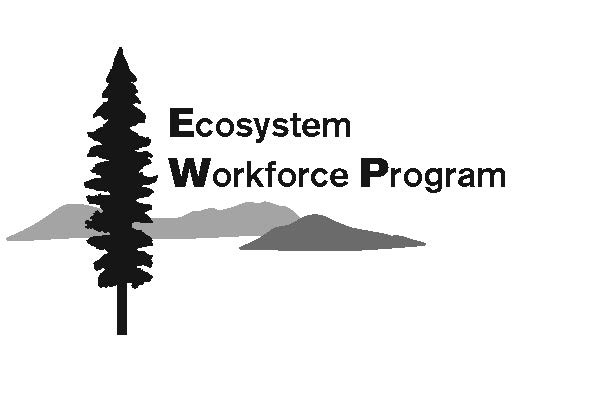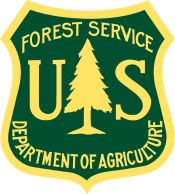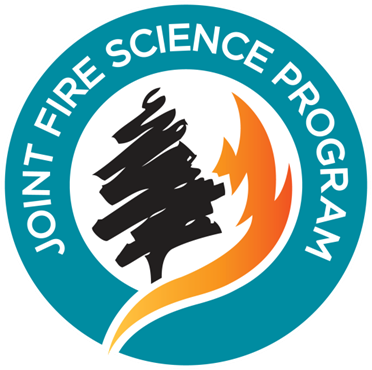Progress in wilderness fire science: Embracing complexity
| Title | Progress in wilderness fire science: Embracing complexity |
| Publication Type | Journal Article |
| Year of Publication | 2016 |
| Authors | Miller, C |
| Secondary Authors | Aplet, GH |
| Journal | Journal of Forestry |
| Volume | 114 |
| Start Page | 373 |
| Issue | 3 |
| Keywords | prescribed natural fire, risk assessment and analysis, technical reports and journal articles, wilderness, wildland fire use |
| Abstract | Wilderness has played an invaluable role in the development of wildland fire science. Since Agee’s review of the subject 15 years ago, tremendous progress has been made in the development of models and data, in understanding the complexity of wildland fire as a landscape process, and in appreciating the social factors that influence the use of wilderness fire. Regardless of all we have learned, though, the reality is that fire remains an extraordinarily complex process with variable effects that create essential heterogeneity in ecosystems. Whereas some may view this variability as a management impediment, for others it provides a path forward. As research has shown, embracing fire in all its complexity and expanding its use can help reduce fuels, restore resilient landscapes, and contain costs. Wilderness fire science will continue to play an important role in understanding opportunities for using fire, its role in ecosystems, its risks and benefits, and the influence of risk perception on decisionmaking. |
| DOI | 10.5849/jof.15-008 |




